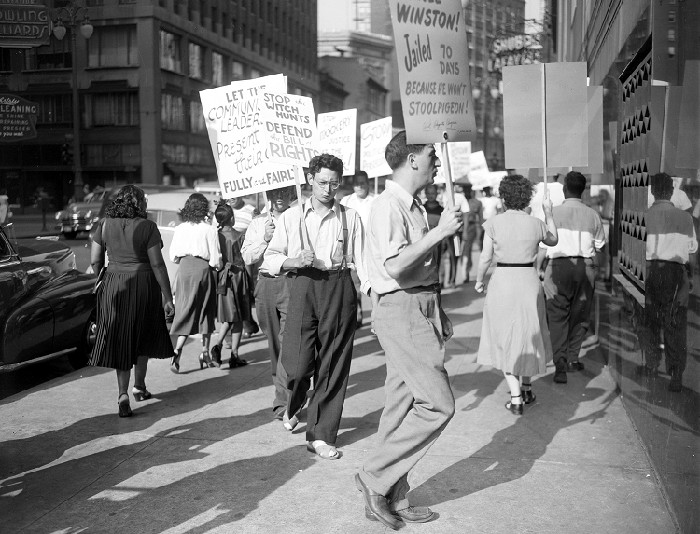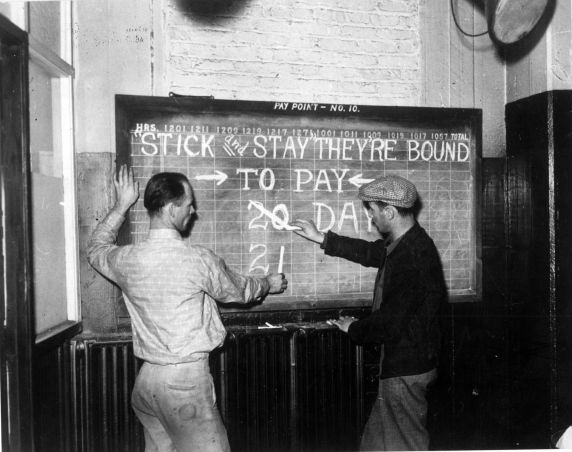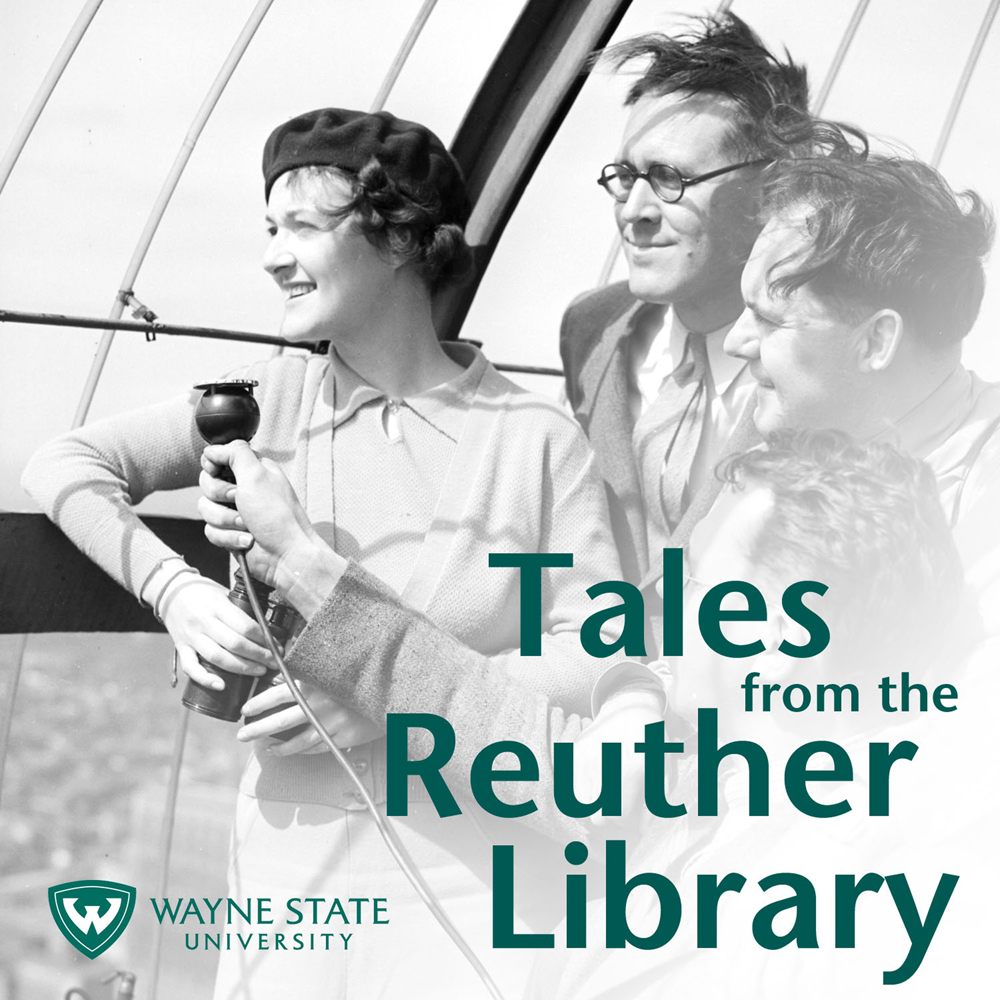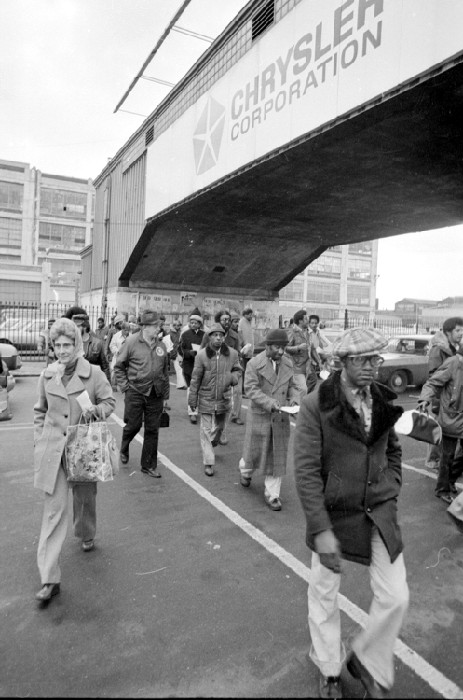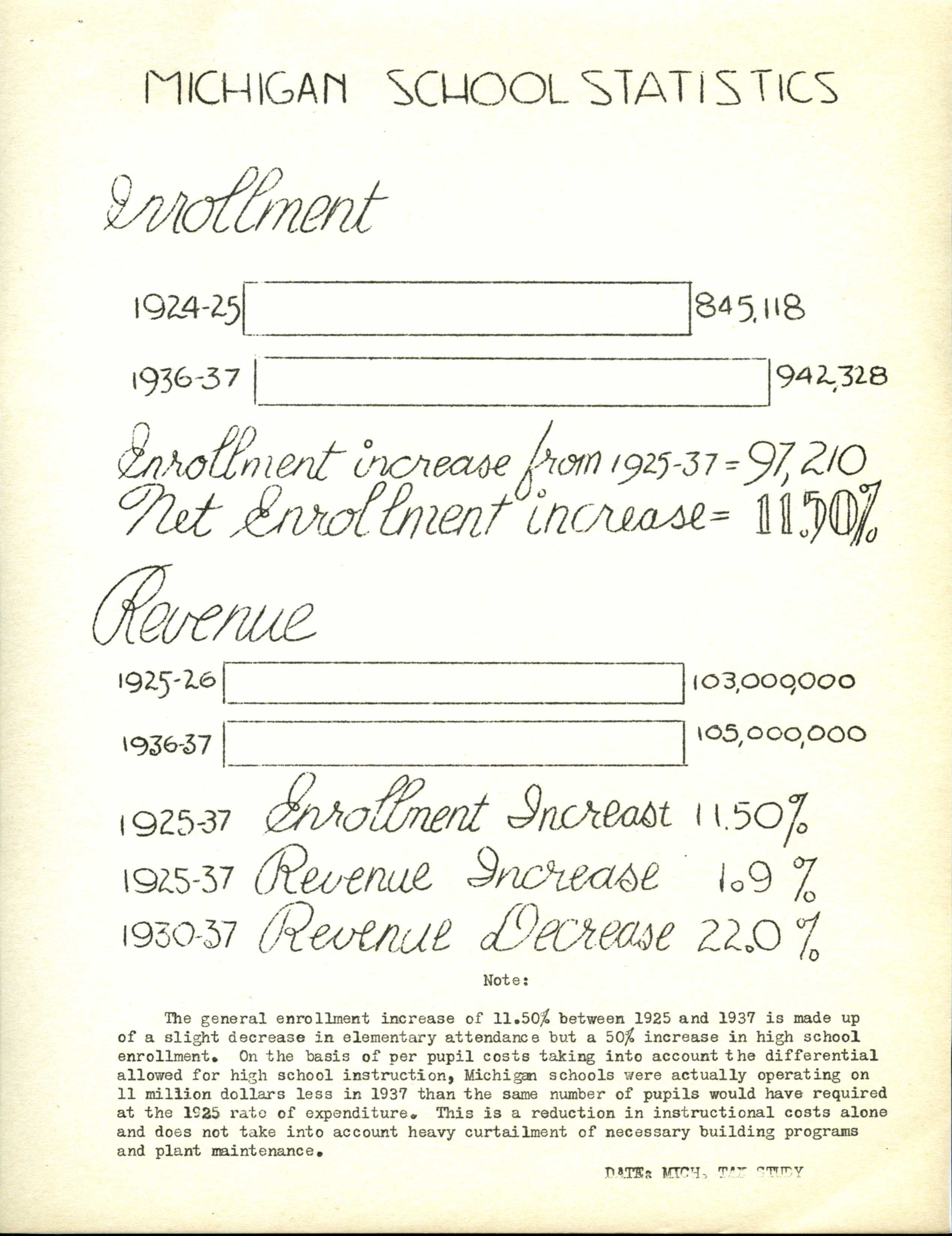Dr. Ryan Pettengill explains how communist activists in Detroit worked with labor activists during and after the Second World War to enhance the quality of life in the community by advocating for civil rights, affordable housing, protections for the foreign-born, and more. Pettengill is a Professor of History at Collin College and author of Communists and Community: Activism in Detroit’s Labor Movement, 1941-1956.
Related Collections:
Don Binkowski Papers
Nat Ganley and Saul Wellman Papers
Maurice Sugar Papers
Sam Sweet Papers
Shelton Tappes Papers
Edith Van Horn Papers
UAW Fair Practices and Anti-Discrimination Department Records
UAW President’s Office: Walter P. Reuther Records
Related Resources:
Communists and Community: Activism in Detroit’s Labor Movement, 1941-1956
Episode Credits
Producers: Dan Golodner and Troy Eller English
Interviewer: Dan Golodner
Interviewee: Ryan Pettengill
Music: Bart Bealmear
Podcast: Play in new window | Download | Embed
